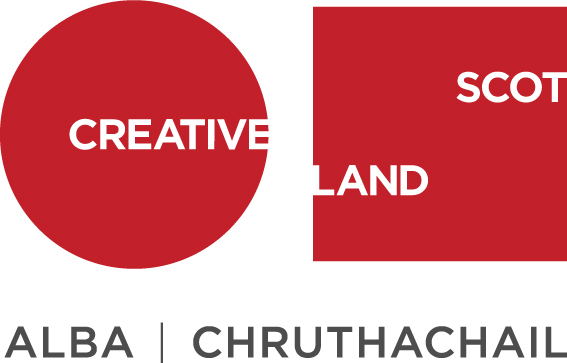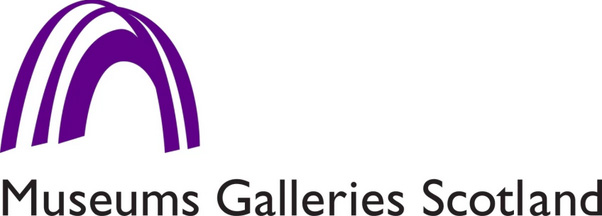Working together
 Questions for you and your team
Questions for you and your team
- Will we have the resources, capacity and time to treat an artist fairly and get the best results?
- What is the best staffing structure to support a relationship between our organisation and an artist?
- Which staff should be included in the development period?
Transparency
It can be difficult to share experiences in the cultural sector as so many institutions or organisations have very different staff structures and resource provisions. One collection can have a good foundation of staff but little to no operational or acquisition budget, whilst the opposite can also be true.
Regardless of the situation, transparency with those we are working with is paramount. Communicating what budget is available and at what times of the year, or how much staff time can be given, is key to ensuring success and good relationship development in early conversations between organisation and artist.
Flexibility
It is important to be open to the artist’s responses to the project invitation or context, whether they are broad or specific, despite practical barriers that might come from (lack of) resources or staffing. Be ready to work together to adapt logistics to what the artist might be proposing.
- Acknowledge the limitations and make-up of the commissioning team; internal and external support structures should be constructed based on the requests and requirements of the artist selected.
- Sometimes being overly prescriptive about an organisation’s operational parameters in advance of having detail on the work proposed and the artist’s needs, can be counterproductive. However it’s always helpful to be clear in the brief, or in another part of recorded communication, that thinking around specific needs of the artist is an ongoing consideration.
- Anticipate ambitious and bold approaches: Collaborating with an artist offers an opportunity to be open and to develop new approaches to working
- Conversely, not all artists might be forthright and some may need encouragement to be bolder in developing their ideas for the commission; be prepared to spend time supporting and encouraging in the early development period
- In response to both bold and gentle approaches, be prepared to adapt methods to address complexities or issues which arise
- Be open to flexibility. While budgets and staff are often immoveable, be willing to try to explore ways to adapt institutional infrastructure e.g., payment processes
Staffing and resources
Expert advice and planning support can be essential and helpful for the development of a project or commission. A curator/producer can fulfil the role of project manager. This individual could be internal or external to an organisation. Having a staff member who serves as the artist’s liaison, or go-between with decision makers is good to set out at the beginning of a project.
If conservators,technicians and fabricators are part of your organisation or team, then they should be involved early in the process, to ensure that additional consideration is given to materials, waste and sustainability. They will also be able to problem solve issues which may arise during the commission period in relation to conservation, transport, installation and maintenance.
Artists with fabrication and technical networks might bring these into a project or wish to consult this kind of expertise as part of the project development.
Commissioning has become a significant area of collection and institutional activity for University of Edinburgh thanks to internal advocacy and case studies, as well as a push for a shift in the parameters around budget allocations (previously budgets could not be used for anything other than the purchase of pre-existing artworks). Introducing contracts was a key part of this transition.
In acknowledgement of collection staff capacity, a resource suite was also developed to enable easy sharing with colleagues who do not usually commission or work with artists. This practice and suite of templates developed in recognition of the many conversations with colleagues that would be hard to sustain for a team of two. The resources are also helpful advocacy tools for best practice processes and, importantly, push for a sustained consistency of experience for artists at the University of Edinburgh.
On certain projects artists have approached development of an idea through the close relationship with an specialist or expert e.g a technician or engineer in their existing network or that they identified wanting to work with. In other projects part of the early stages of working together has involved providing support through match making the artist with different expertise – e.g academic researchers, fabrication or conservation.
This is a live toolkit. Please help us to develop and improve it by leaving comments in our feedback form. Thank you.



